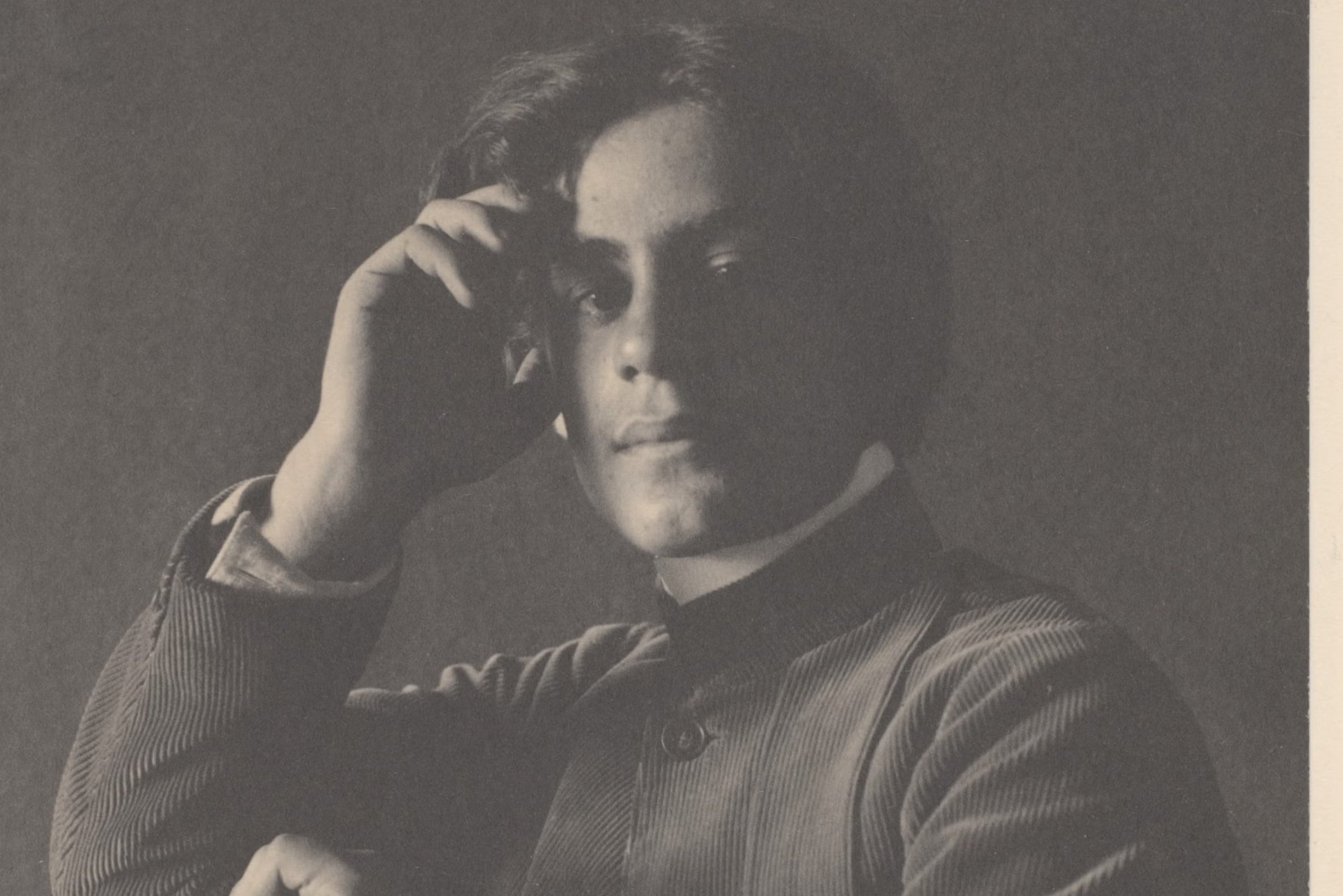Book of a lifetime: The Prophet by Kahlil Gibran
From The Independent archive: Lesley Pearse is delighted and soothed by the profound meditations on the human condition from the inspirational Lebanese-American writer, poet and artist

I have loved many books over the years, but the one I would never be parted from and read again and again is The Prophet by Kahlil Gibran. I first read it in the 1960s and the sheer beauty of Gibran’s writing on how to live your life blew me away. His philosophy is presented almost like a poetic Sermon on the Mount, by the prophet Almustafa who returns to fictional Orphalese, the place of his birth.
He speaks to the people of love, marriage, work, children, of buying and selling, death and other everyday subjects. I have heard the passage on marriage read at several weddings, and I find it profound and an incredibly moving piece. But then this is a little book you can dip in and out of, and almost any page has the same effect.
The passage on children is one of my favourites. “Your children are not your children./ They are the sons and daughters of Life’s longing for itself./ They come through you, but not from you./ And though they are with you yet they belong not to you./ You may give them your love, but not your thoughts./ For they have their own thoughts/ You may house their bodies but not their souls./ For their souls dwell in the house of tomorrow which you cannot visit, not even in your dreams./ You may strive to be like them, but seek not to make them like you./ For life goes not backwards nor tarries with yesterday./ You are the bows from which your children as living arrows are sent forth.”
Each time I open the book I find myself feeling that if the whole world was to read it, it would be a far better place. It is not a religious book, but it is spiritual, and Gibran was clearly a man who embraced the best of Christianity, Judaism and Islamic teachings.
His poetic prose is exquisite. It massages your soul and leaves you wishing you too could express yourself in such a profound and beautiful way.
First published in 1923, it has been translated into over 50 languages and has never been out of print – arguably one of the bestselling books of all time.
It is somewhat preposterous to me that it has largely been treated with disdain by professors. Perhaps they feel threatened by its sheer readability and the simple truths within its pages.
Personally, I would recommend it to be on every reading list, and I have given many copies as presents because I know it will delight and soothe. To me, it is simply a masterpiece.



Join our commenting forum
Join thought-provoking conversations, follow other Independent readers and see their replies
Comments